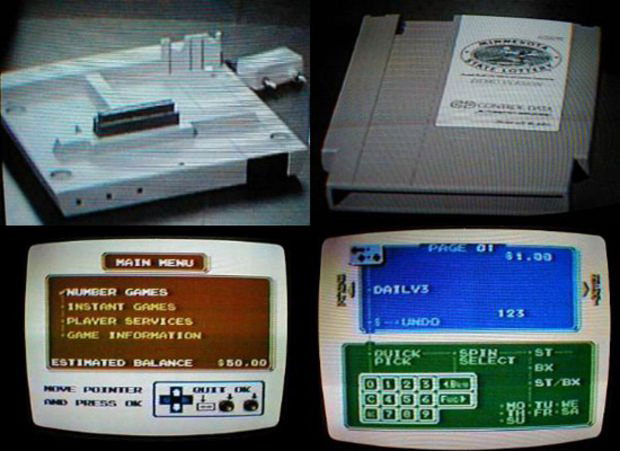Now, to start off, Sega is famously a company that, during the Genesis/Mega Drive era at least, was not opposed to add-ons for this device. It very much went all-in with its various components, far more so than Nintendo did during the 16-bit era.
But did you know that Sega offered an online banking add-on for the Mega Drive in Japan? I kid you not. Sega’s Mega Anser component, which was released around 1990 or so, worked with the Sega Mega Modem, an earlier attempt to get online during the system’s lifetime. (And yes, it's "Anser," not "answer.")
Per Sega Retro, the device, which came with a remote-style add-on called the Ten Key Pad, was able to access financial information through apps for banking, accounting, and life insurance. (A demo of the program is shown above.) And, because it had a modem, it apparently also worked as an answering machine?
“For a reason that I will most likely never really understand Sega decided that while video games were nice and all, what the people really wanted was an add-on to the Sega Mega Drive that turned the 16-bit console into a telephone ‘answering machine’ and bank-related communications device,” podcaster Matthew Green wrote in a Press the Buttons piece about this device in 2005.
If you wanted, you could even buy a printer with this God-forsaken thing, which actually, shockingly, still has a live page on the Sega Japan website (in Japanese, of course), though incredibly little is known about it.

Nintendo's long-forgotten Minnesota Lottery experiment. (via Destructoid)
And if you think that’s weird, try this on for size: In 1991, Nintendo did a test with the Minnesota State Lottery to sell lottery tickets on NES consoles. It also used a modem, in perhaps the only known use of the NES expansion port. And while the test was successful, it failed for an obvious reason: Politicians complained.
"Intruding into people's homes and converting a game which is immensely popular with young children into a gambling tool is not only unethical, but insidiously destructive to society," argued Minnesota Senate Majority Leader Roger Moe.
Apparently Sega and Nintendo were trying to out-weird one another.
:format(jpeg)/2017/09/0918_anser.jpg)
/2017/09/0918_anser.jpg)
/uploads/ernie_crop.jpg)